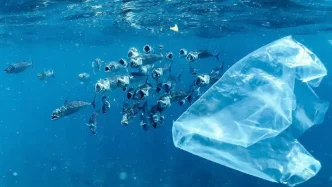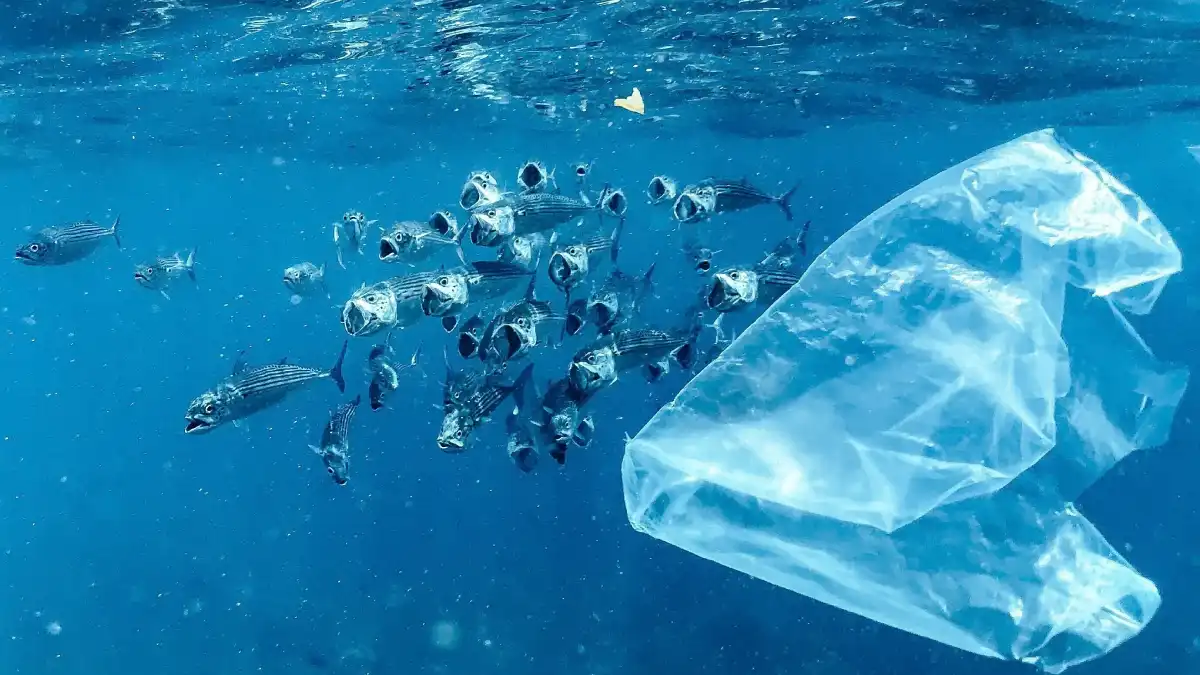In a significant milestone for Vietnam’s international standing, Permanent Deputy Minister of Foreign Affairs Nguyen Minh Vu has been elected Chair of the 35th Meeting of the States Parties to the UN Convention on the Law of the Sea (SPLOS 35), which commenced on June 23, 2025, in New York. This marks the first time Vietnam has assumed the chairmanship of this critical annual forum, reflecting growing global trust in the country’s diplomatic capacity to steer multilateral efforts on ocean governance. With oceans facing mounting threats from pollution, climate change, and resource depletion, Vu’s leadership role underscores Vietnam’s commitment to fostering cooperation under the framework of the UN Convention on the Law of the Sea (UNCLOS), often described as the “Constitution for the Oceans.”
A Historic Role for Vietnam
The election of Nguyen Minh Vu as Chair of SPLOS 35, attended by representatives from 170 member states, observer nations, and international organizations, highlights Vietnam’s rising profile in global maritime affairs. In his opening remarks, Vu emphasized the progress made in implementing UNCLOS and advancing ocean governance worldwide. He pointed to recent successes, such as the third United Nations Ocean Conference (UNOC 3) held in Nice, France, earlier in June 2025, and ongoing efforts to bring into force the Agreement on the Conservation and Sustainable Use of Marine Biodiversity of Areas Beyond National Jurisdiction (BBNJ). These initiatives, he argued, are vital for addressing the urgent challenges facing marine environments.
Speaking to the Vietnam News Agency on the sidelines of the meeting, Vu described the chairmanship as a landmark achievement for Vietnam. “This role reflects the high level of trust and confidence that countries place in Vietnam’s ability to lead and coordinate multilateral processes within the UN framework” he said. He further noted that the international community increasingly recognizes Vietnam’s contributions to promoting UNCLOS implementation and shaping policies for sustainable ocean use. For a nation with a coastline stretching over 3,260 kilometers and a deep historical connection to the sea, this position aligns closely with Vietnam’s national interests in maritime security and resource conservation.
UNCLOS: A Pillar of Maritime Order
Adopted on December 10, 1982, and entering into force on November 16, 1994, UNCLOS provides the legal foundation for all activities in the world’s seas and oceans. Vietnam was among the first 107 countries to sign and ratify the convention in 1994, demonstrating its early commitment to international maritime law. Today, with 170 member states, UNCLOS remains a cornerstone of global efforts to maintain order at sea, conserve marine resources, and address emerging challenges like biodiversity loss and climate impacts.
UN Under-Secretary-General for Legal Affairs Elinor Hammarskjöld, speaking at the SPLOS 35 meeting, reaffirmed the enduring relevance of UNCLOS 43 years after its adoption. She highlighted how its universal value and integrity have been consistently upheld through various UN forums, including UNOC 3 and the BBNJ Preparatory Commission. Hammarskjöld’s remarks echoed Vu’s call for strengthened cooperation, underscoring that the convention’s framework is indispensable for tackling the complex, interconnected issues facing the oceans today.
Challenges and Calls for Cooperation
In his address, Vu did not shy away from outlining the severe threats confronting marine environments. From plastic pollution choking waterways to rising sea levels driven by climate change, the stakes for global ocean health have never been higher. He urged member states to uphold multilateralism and engage in constructive dialogue to devise actionable measures for UNCLOS enforcement. “We must actively propose solutions to enhance the performance of institutions established under the Convention” he said, emphasizing the need to reinforce UNCLOS as a tool for peace, stability, and sustainable development.
Vu’s focus on institutional performance points to a broader concern: while UNCLOS provides a robust legal framework, its effectiveness depends on the capacity and commitment of the bodies tasked with its implementation. These include the International Seabed Authority, the International Tribunal for the Law of the Sea, and the Commission on the Limits of the Continental Shelf. Strengthening these entities, Vu argued, is essential to ensuring that UNCLOS remains a living document capable of addressing 21st-century challenges, from deep-sea mining disputes to the protection of marine biodiversity beyond national borders.
Vietnam’s Stake in Ocean Governance
For Vietnam, the chairmanship of SPLOS 35 is more than a diplomatic honor; it is a platform to advocate for issues of direct national importance. The country’s economy and cultural identity are deeply tied to the sea, with millions of livelihoods dependent on fishing, aquaculture, and coastal tourism. At the same time, Vietnam faces significant maritime challenges, including disputes in the South China Sea—referred to domestically as the East Sea—where overlapping territorial claims have long been a source of regional tension. While Vu did not explicitly address these disputes in his SPLOS 35 remarks, his emphasis on multilateralism and legal frameworks signals Vietnam’s preference for resolving such issues through dialogue and adherence to international law.
Vietnam’s proactive engagement with UNCLOS also reflects its broader foreign policy of balancing national interests with global responsibilities. As a signatory to the convention, the country has consistently advocated for the sustainable use of marine resources and the protection of its maritime rights. Its leadership at SPLOS 35 offers an opportunity to shape discussions on emerging issues, such as the governance of marine genetic resources and the establishment of protected areas in international waters under the BBNJ agreement. If successful, these efforts could set precedents for how nations collaborate on shared ocean challenges, with Vietnam playing a pivotal role.
Global Context and Regional Implications
The timing of Vietnam’s chairmanship coincides with heightened international focus on ocean governance. The outcomes of UNOC 3 in France, which Vu referenced in his speech, included commitments to accelerate marine conservation and reduce pollution. Meanwhile, the push to finalize the BBNJ agreement—often described as a historic step toward protecting high-seas biodiversity—has gained momentum, with many hoping it will enter into force in the near future. These developments provide a backdrop for SPLOS 35, where member states are tasked with reviewing UNCLOS implementation and addressing gaps in enforcement.
In the Southeast Asian context, Vietnam’s leadership at this meeting carries additional weight. The region is home to some of the world’s most biodiverse marine ecosystems, including the Coral Triangle, as well as critical shipping lanes through which a significant portion of global trade passes. Yet, it also faces acute environmental pressures, from overfishing to the impacts of climate change on coastal communities. Vietnam’s role as Chair of SPLOS 35 positions it to advocate for regional priorities within a global framework, potentially influencing policies that affect neighboring countries like Thailand, the Philippines, and Indonesia.
Moreover, Vietnam’s chairmanship may serve as a counterbalance to the influence of larger powers in maritime discussions. While avoiding direct confrontation, Vu’s emphasis on cooperation and legal adherence subtly reinforces the importance of a rules-based order—an approach that resonates with smaller nations seeking to protect their maritime interests against more assertive actors. This diplomatic stance could strengthen Vietnam’s ties with other ASEAN member states, many of which share similar concerns about maritime security and resource sustainability.
Looking Ahead
As the five-day SPLOS 35 meeting unfolds in New York, the international community will be watching how Vietnam navigates its leadership role. Nguyen Minh Vu’s election as Chair is not just a recognition of past contributions but a call to action for Vietnam to help shape the future of ocean governance. With pressing issues like marine pollution and biodiversity loss on the agenda, the decisions made at this meeting could have far-reaching implications for how the world manages its shared marine heritage.
For Vietnam, this moment also offers a chance to demonstrate that it can lead on the global stage while addressing domestic and regional priorities. As Vu guides discussions among 170 member states, the question remains: can Vietnam leverage this opportunity to drive meaningful progress on UNCLOS implementation, ensuring that the “Constitution for the Oceans” remains a vital tool for peace and sustainability in an increasingly uncertain world?















